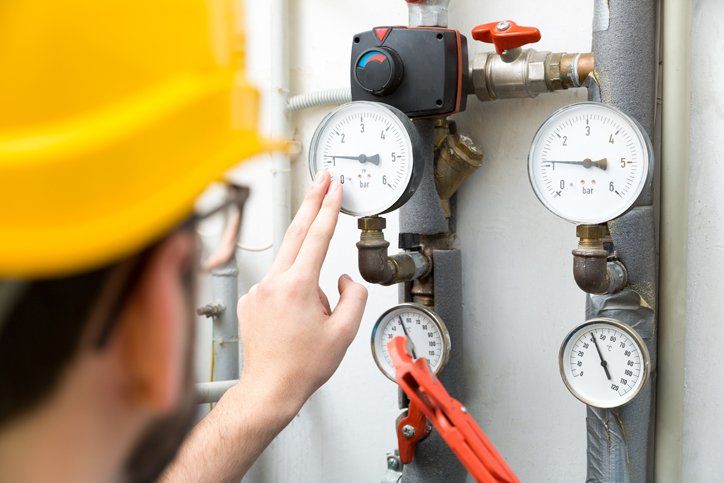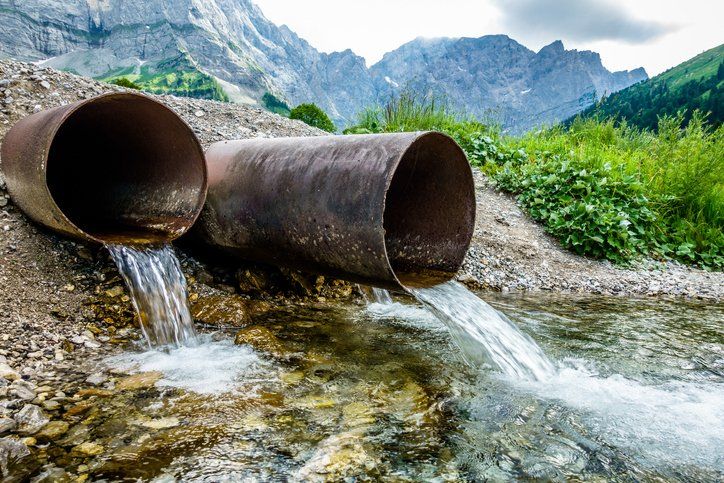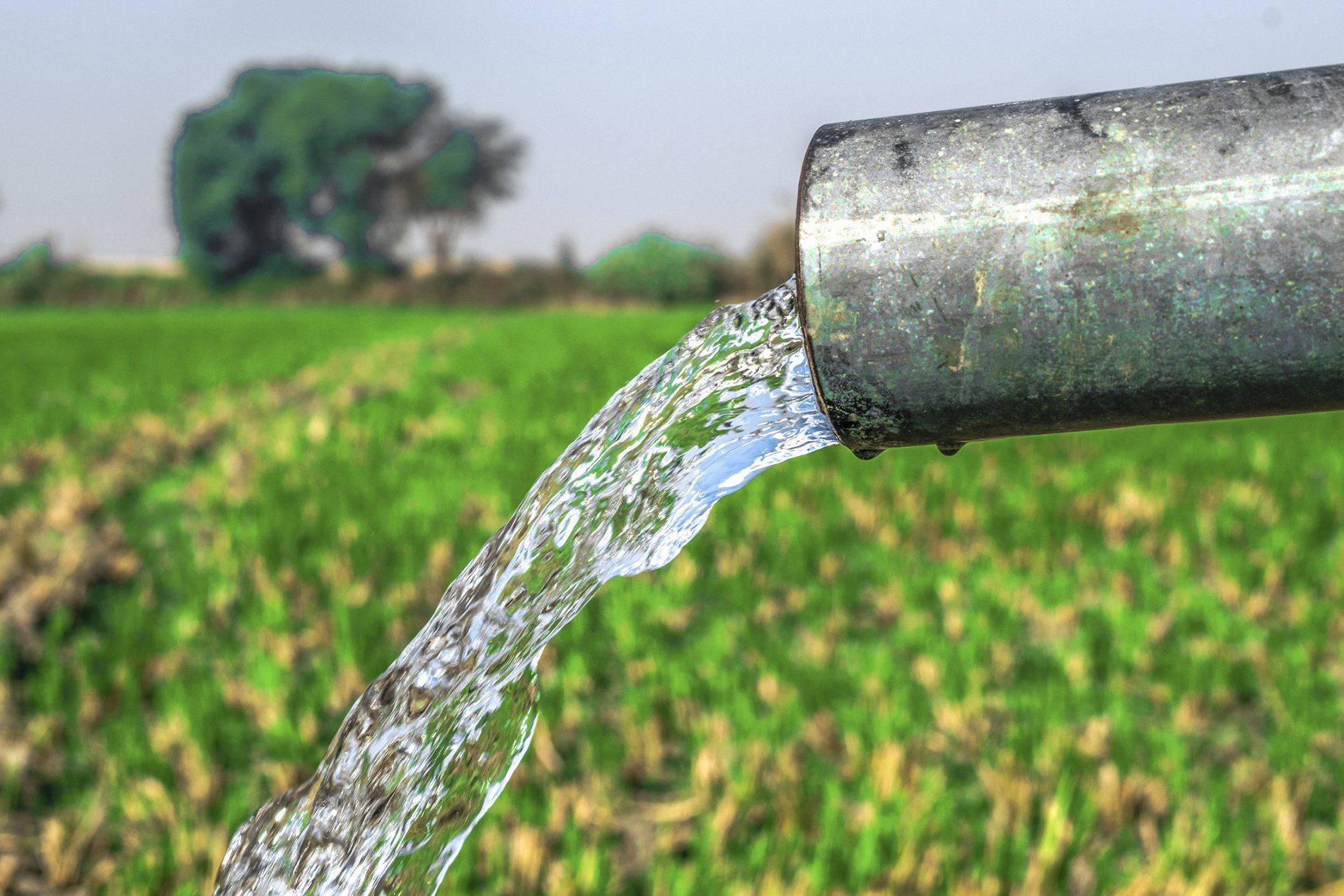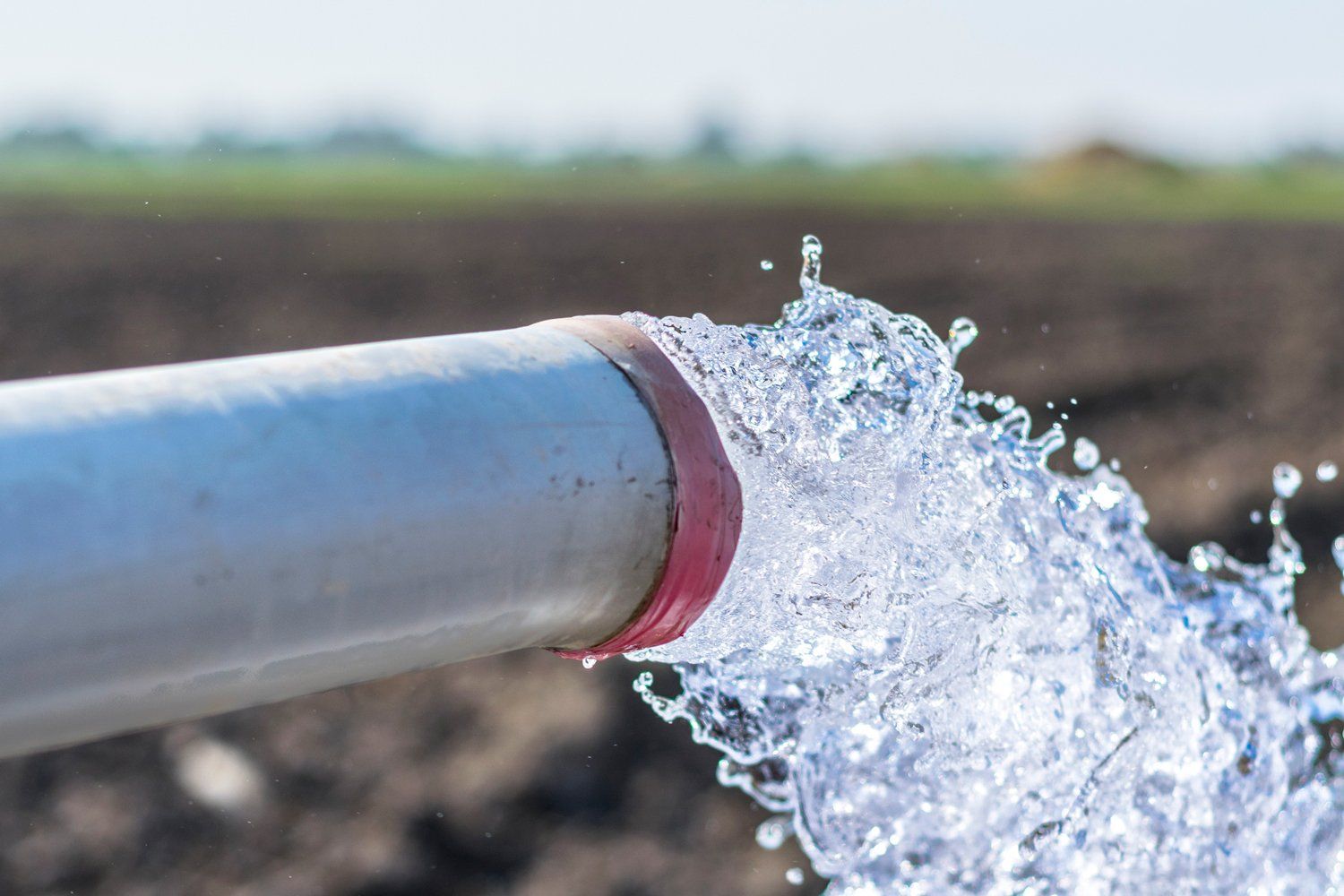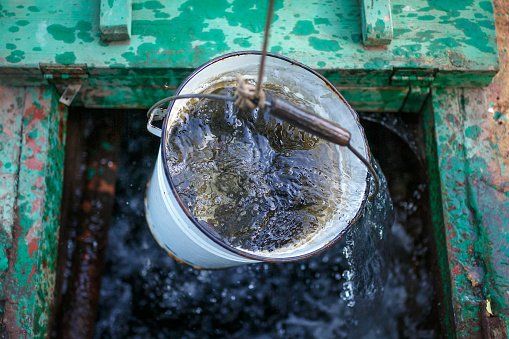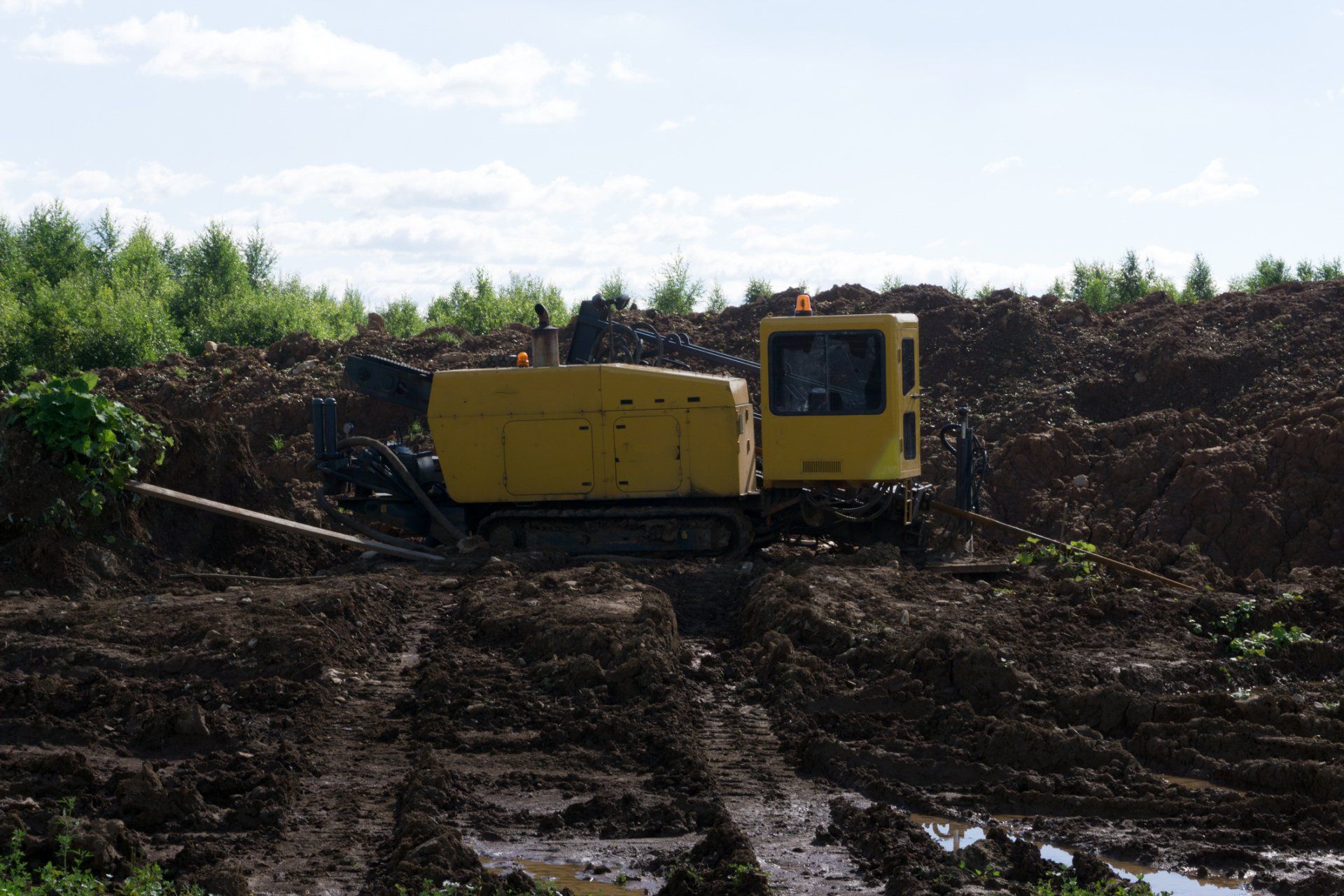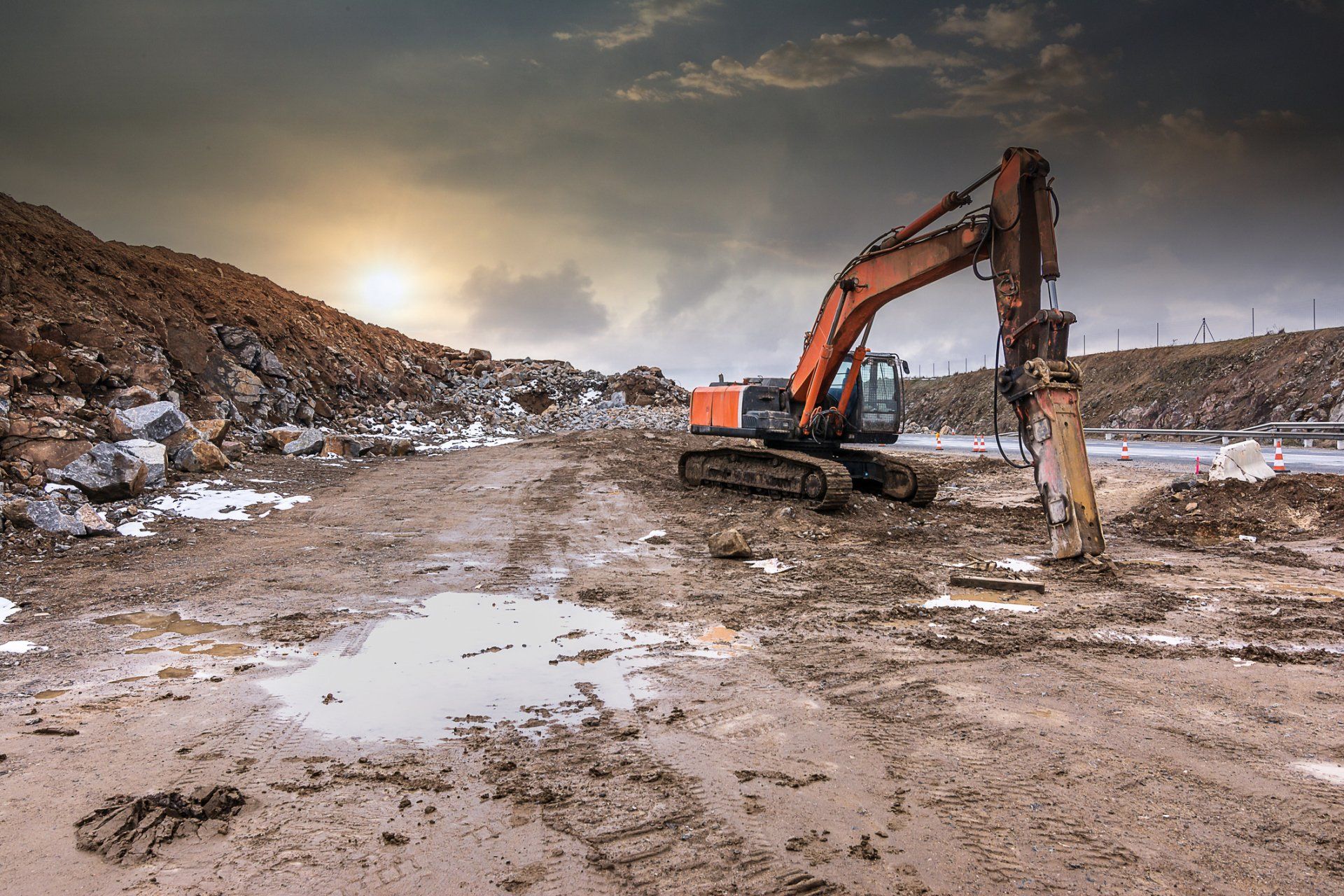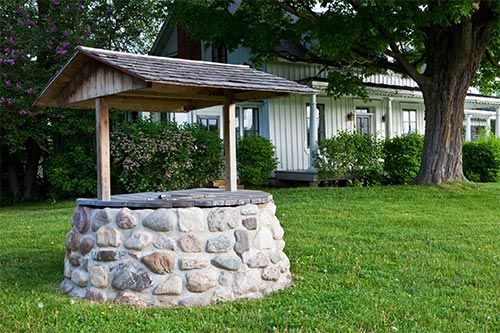3 Types of Whole-House Treatment Systems for Well Water
- By Admin
- •
- 03 Oct, 2019
- •
Your home's water quality depends on the quality of water in your well's aquifer and what treatments you impose on the water before it comes into your home. If the well water you use is of questionable or insufficient quality, you may need to install a filtration or treatment system to improve the quality.
Fortunately for you, many different styles of treatment systems exist. If you want all your water, not just your drinking water, to be clean and free from contaminants, a whole-house treatment system is the way to go. This is particularly important if your water has contaminants that could damage your pipes or has toxins such as arsenic that could enter via your skin.
Here are three types of whole-house treatment systems that can help if your well water suffers from a quality issue.
1. Reverse Osmosis
Reverse osmosis is a water treatment system that uses a semi-permeable membrane to filter almost everything out of the water. However, this type of filtration also produces wastewater. A really efficient system (such as one with a special permeate pump) may only produce one gallon of waste per gallon of filtered water, but most produce much more.
Reverse osmosis systems are very effective at removing small contaminants; they can actually filter out particles that are only one-tenth of a nanometer in size. This means a reverse osmosis system is so powerful that it can dependably filter out chemicals such as pesticides and can even filter the salt out of saltwater.
2. Water Softener
Hard water isn't generally considered a health hazard, since the minerals present in classic hard water are relatively safe and even beneficial in the typical concentrations. These minerals typically include calcium and magnesium.
Just because hard water is fine for you to drink, though, doesn't necessarily mean your plumbing system is okay with it. Hard water can still be a hazard to the insides of your pipes. The water can deposit minerals inside your plumbing if you have steel pipes, narrowing them so they carry less water (it doesn't affect copper pipes).
Limescale can also occur in your plumbing fixtures such as your bathtub, which you may find annoying. Fortunately, a whole house water softener can help. Before you install a water softener, check to make sure that your plumbing system is up to date, with no old pipes that may contain lead; softened water tends to leach out heavy metals easily.
And remember, just because your water is hard doesn't necessarily mean it doesn't have other hazardous contaminants in it, so be sure to get your well water tested frequently. You can't rely on a water softener to remove contaminants it's not designed to handle, such as pesticides or lead.
3. Nanofiltration System
A nanofiltration system can work for some of the same things that a reverse osmosis system is used for, such as reducing the chemical contaminants in your water. But it can also work to soften hard water, and it does so without creating the salty brine byproduct that water softeners use. However, like reverse osmosis, it does create waste water as well as usable water.
Although it works similarly to reverse osmosis, nanofiltration doesn't strip out quite as many beneficial minerals. So while it can soften your water, a nanofiltration system may still leave some beneficial minerals in your water. However, because it removes fewer minerals, don't use it if you have dangerous minerals (arsenic, for example) present in your well water.
These treatment systems can all come in whole-house versions, which allows you to treat your water at the source before it enters your home. If you think you could benefit from one of these whole-house water treatment systems, get in touch with McCall Brothers Inc. today. We offer well drilling and installation. We also perform well water treatment and well machinery repairs.


